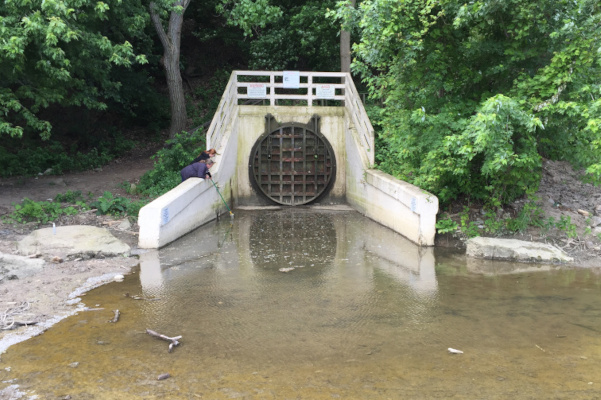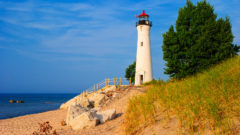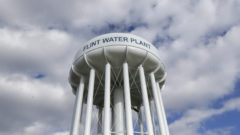New Baltimore seeks grant for shoreline restoration
The city of New Baltimore, Michigan, is seeking a grant to restore the stretch of Anchor Bay shoreline that runs through Ruedisale Point Park on Lake St. Clair. Read the full story by The Voice.
Great Lakes Commission
https://www.glc.org/dailynews/20210402-newbaltimore




